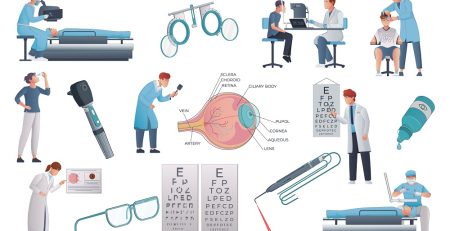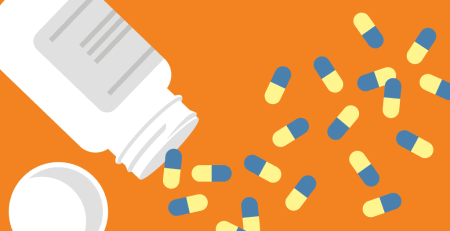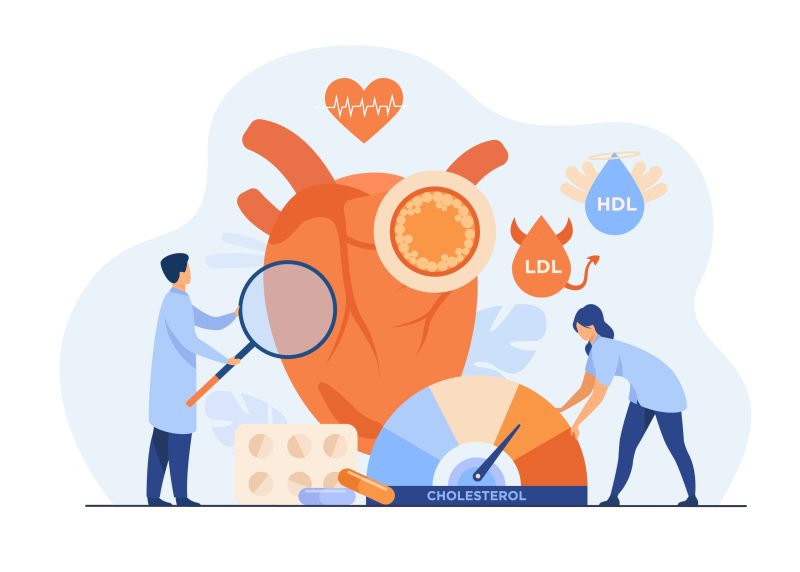Understanding Medications That Raise Blood Pressure
Hesam Seyedi2023-09-12T19:39:57-04:00Maintaining optimal blood pressure is crucial for overall health, but certain medications can impact blood pressure levels. While some drugs directly raise blood pressure, others might hinder the effectiveness of medications meant to lower it. This article delves into medications and substances that can affect blood pressure, empowering you to make informed decisions about your health.
The Factors Behind Hypertension:
Hypertension, or high blood pressure, affects almost half of the U.S. adult population. While genetic factors and lifestyle play roles, medical conditions and medications can contribute too. Understanding the potential impact of medications on blood pressure is vital. Consult your healthcare provider to determine whether your medications pose any risks.
Medications That Can Elevate Blood Pressure:
- NSAIDs: Non-steroidal anti-inflammatory drugs like ibuprofen and naproxen, used to relieve pain and inflammation, can lead to fluid retention, potentially raising blood pressure. Choose alternatives or consult your doctor if you have hypertension.
- Decongestants: Found in cold medicines, decongestants can constrict blood vessels, leading to elevated blood pressure. Be cautious, especially if you have existing hypertension.
- Antidepressants: Some antidepressants, such as monoamine oxidase inhibitors and selective serotonin reuptake inhibitors, may impact mood-related brain chemicals, raising blood pressure. Regular monitoring is essential.
- Birth Control with Hormones: Hormonal birth control pills and devices may constrict blood vessels, potentially increasing blood pressure. If concerned, discuss alternative birth control methods with your doctor.
- Caffeine: While caffeine can temporarily raise blood pressure, its long-term impact isn’t fully understood. Monitor your blood pressure after consuming caffeine-containing products.
- Migraine Medications: Medications that constrict blood vessels to alleviate migraines can also raise blood pressure. Consult your healthcare provider before taking such drugs.
- Weight Loss Drugs: Appetite suppressants can elevate blood pressure by increasing bodily activity. Consult your healthcare provider before using weight loss drugs.
- Immunosuppressants: These medications, often used after organ transplants, might impact kidney function and raise blood pressure. Regular monitoring is essential.
- Stimulants: Drugs like methylphenidate, used to treat conditions like ADHD, can accelerate heart rate and raise blood pressure. Keep track of your blood pressure if taking stimulants.
- Illegal Drugs: Substances like amphetamines and cocaine can severely impact blood pressure, leading to potential heart issues. Seek professional help to overcome substance abuse.
Taking Charge of Your Health:
Educate yourself about the medications you take. Regularly monitor your blood pressure, especially when using drugs that might impact it. Inform your healthcare provider about all medications, supplements, and herbal remedies you’re using. If concerned about blood pressure, work with your doctor to make informed choices.
Remember, lifestyle modifications play a significant role in blood pressure management. Adopt a balanced diet, limit alcohol consumption, strive for a healthy weight, and engage in regular aerobic exercise. By being proactive and well-informed, you can safeguard your cardiovascular health.
Feel free to let me know if you need any further modifications or additional information included in the article.











